Dental X-ray sensors vs X-ray films

All we know as a dentist that dental x-rays are highly needed to help us find hidden dental decay, impacted teeth, show bone loss, cysts, abscesses and more.
The X-rays sensors have several advantages over the traditional X-rays. For instance:
- Less Radiation: Digital X-rays provide an 80% reduction in radiation.
- More Comfortable for You: Biting the paper tab used in taking traditional X-rays can be uncomfortable and push up against your mouth in awkward ways. Digital X-rays work differently by putting a small sensor in your mouth connected by a thin wire to a computer. X-rays are sent out to the sensor through your teeth to capture the image. The sensor can be moved to take other images.
- Quick Developing: Typically they are ready in as short of a time as 3 seconds.
- Magnified Images: Digital X-rays are easily displayed at larger sizes. We are even able to magnify the image to show you close up any tooth decay or abnormalities.
- Earth Friendly: Digital X-rays are electronic so they save us from needing to use chemicals or film. They also make processing insurance claims faster.
- Digital radiography produces larger photos to better source hard-to-see cavities.
- Grey-scale of digital X-rays offers 256 shades of grey versus 16-25 shades in conventional radiography.
- Digital radiography, though expensive to buy initially, is cheaper and more environmentally friendly in the long run.
- You can enhance the digital image (such as alter brightness and contrast) with a series of processing techniques
Besides these advantages, X-ray sensors are provided with powerful diagnostic software that would add more diagnostic abilities to the dentist.
ADAE is always the leader in providing the most trusted dental X-ray sensors worldwide with their original diagnostic softwares and original activation keys.
We also offer lifetime technical support, an extended warranty, and a worldwide premium free air express shipping into your doorstep.
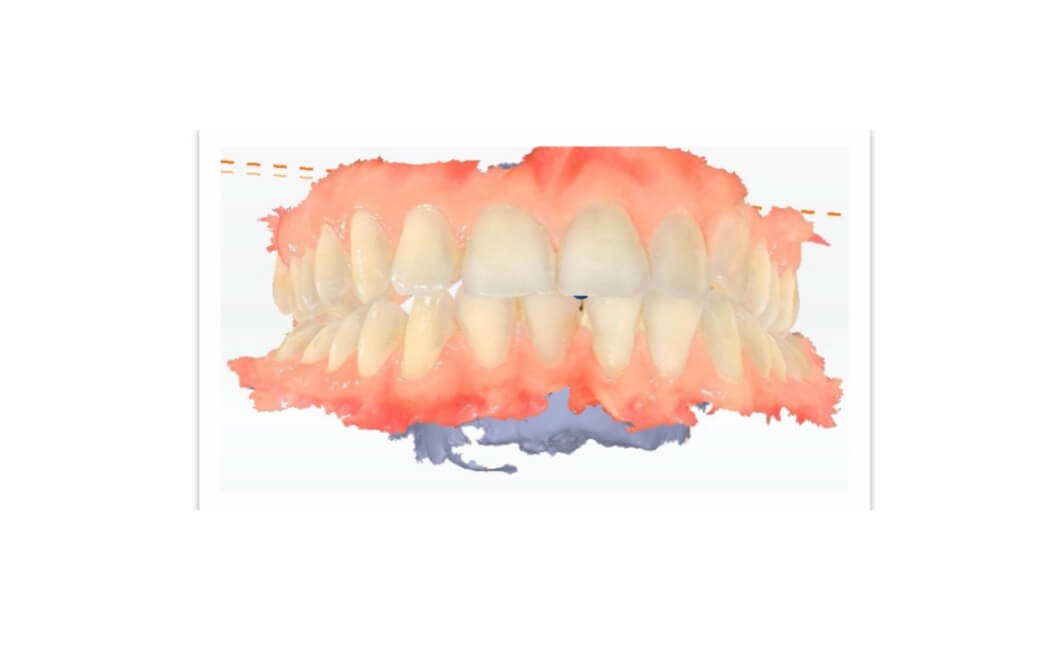
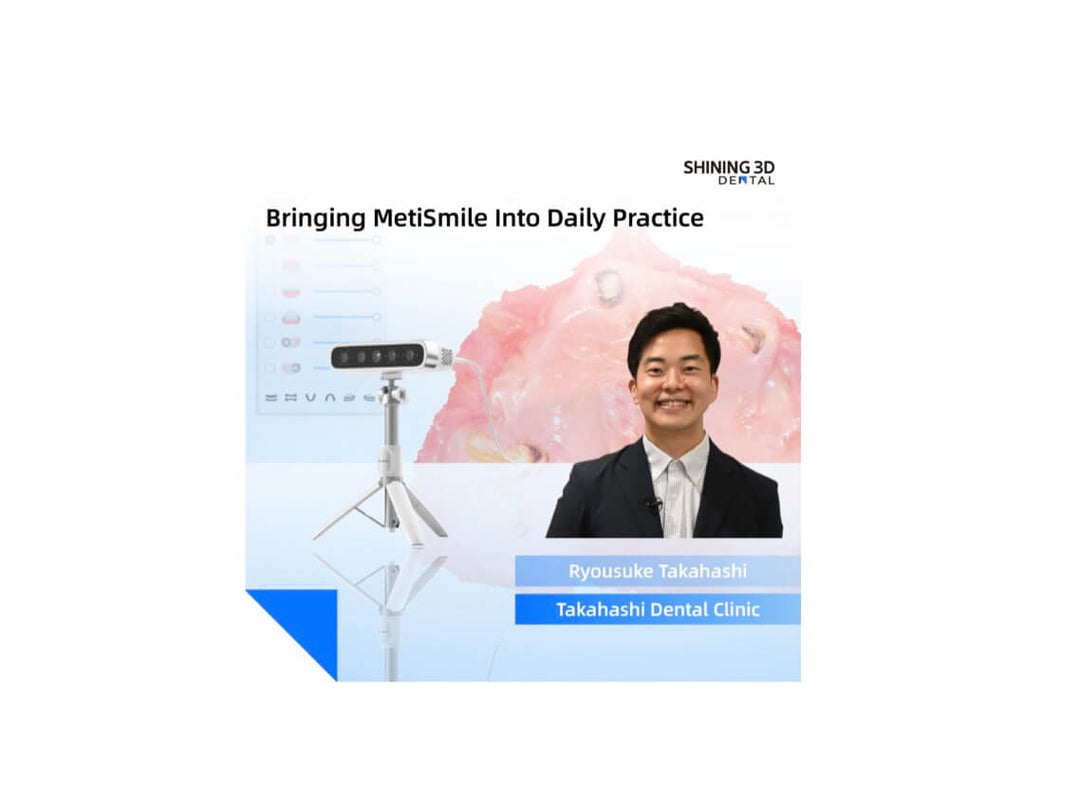
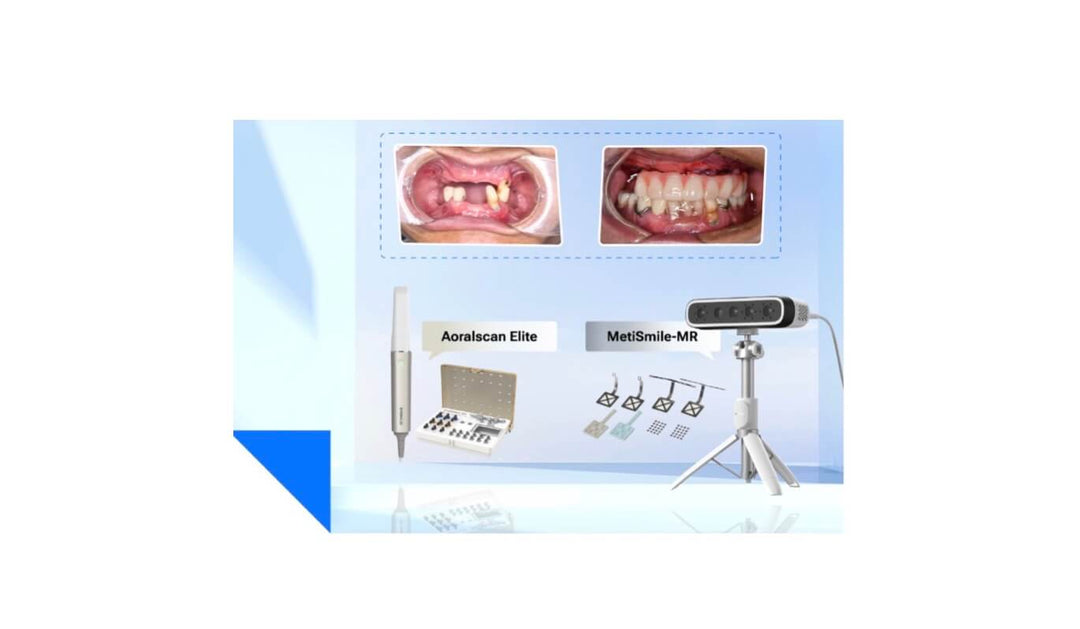
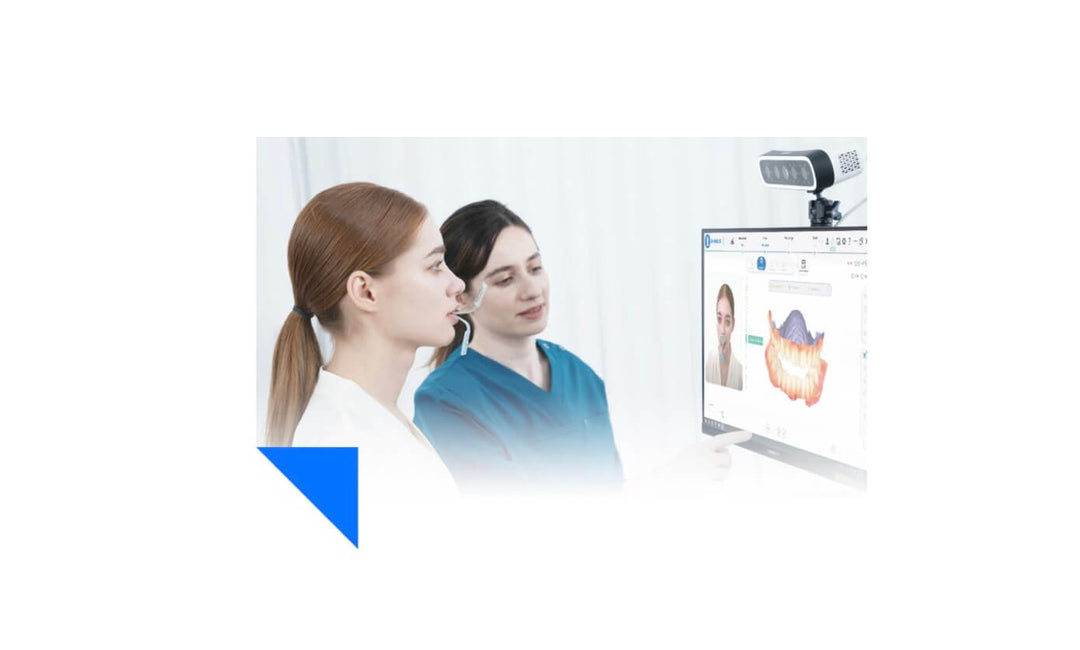
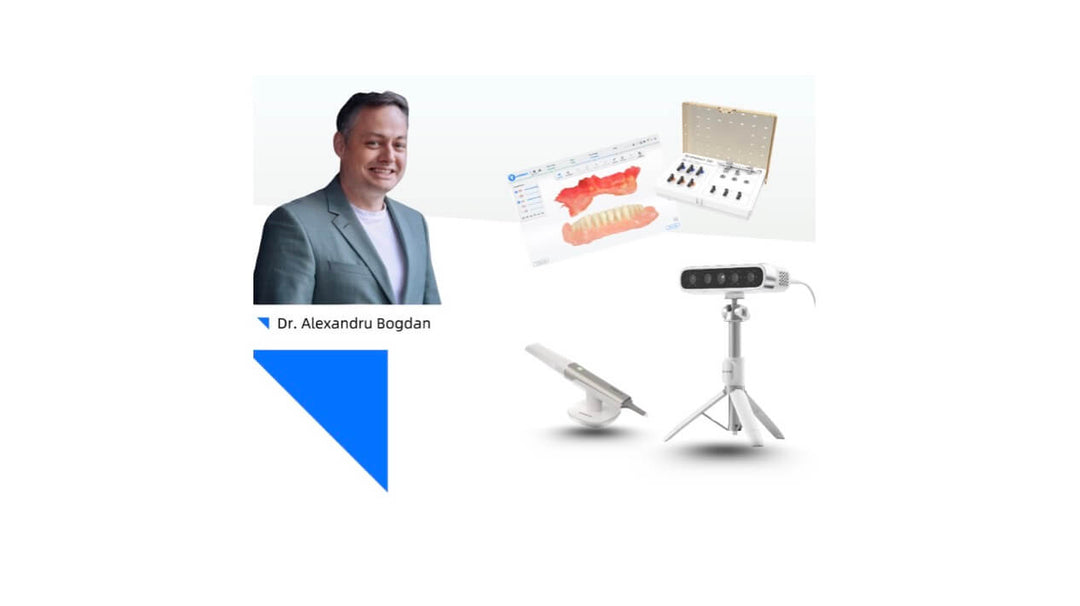
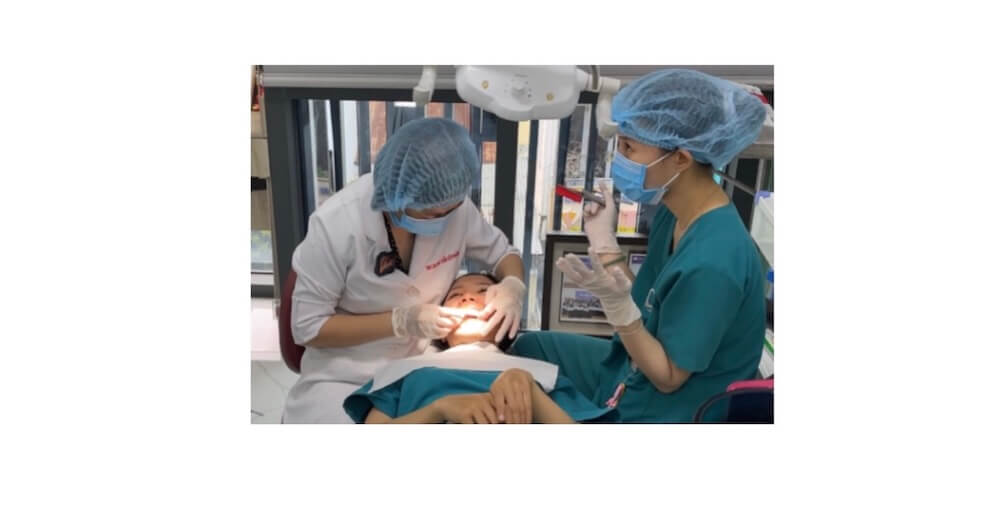
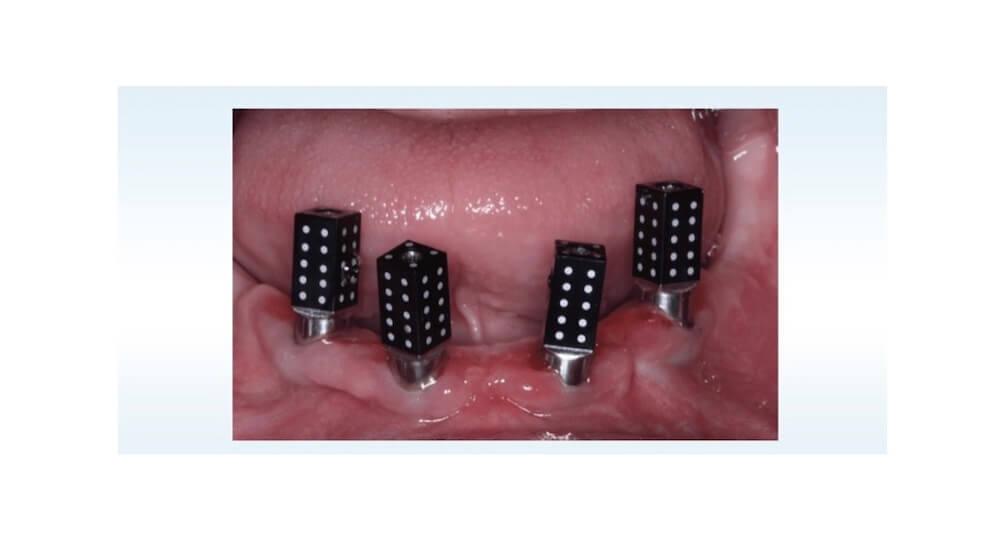
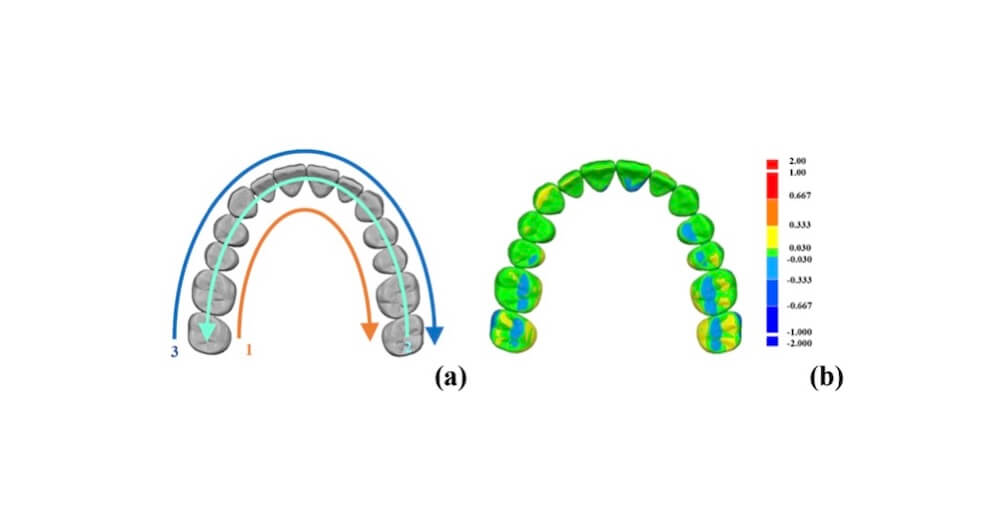
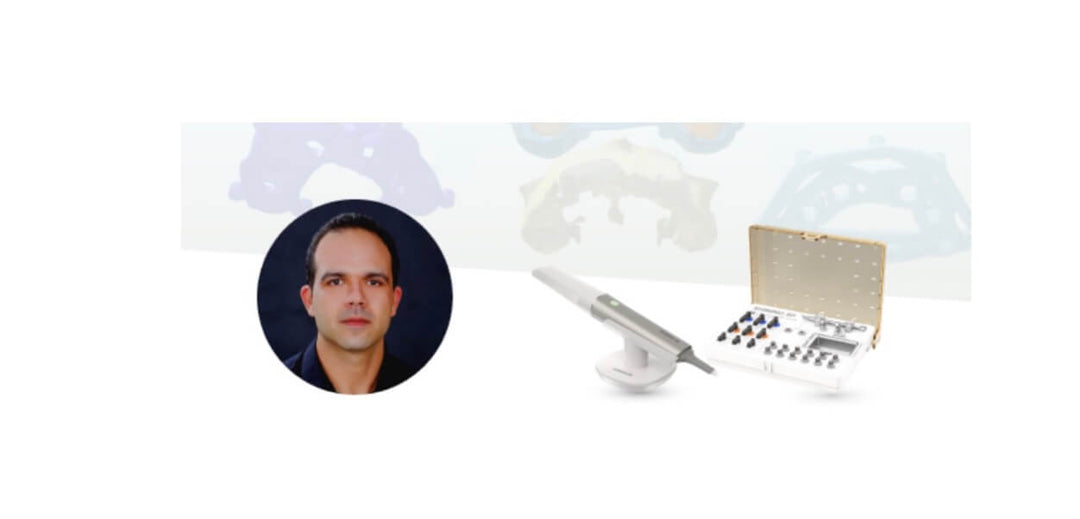
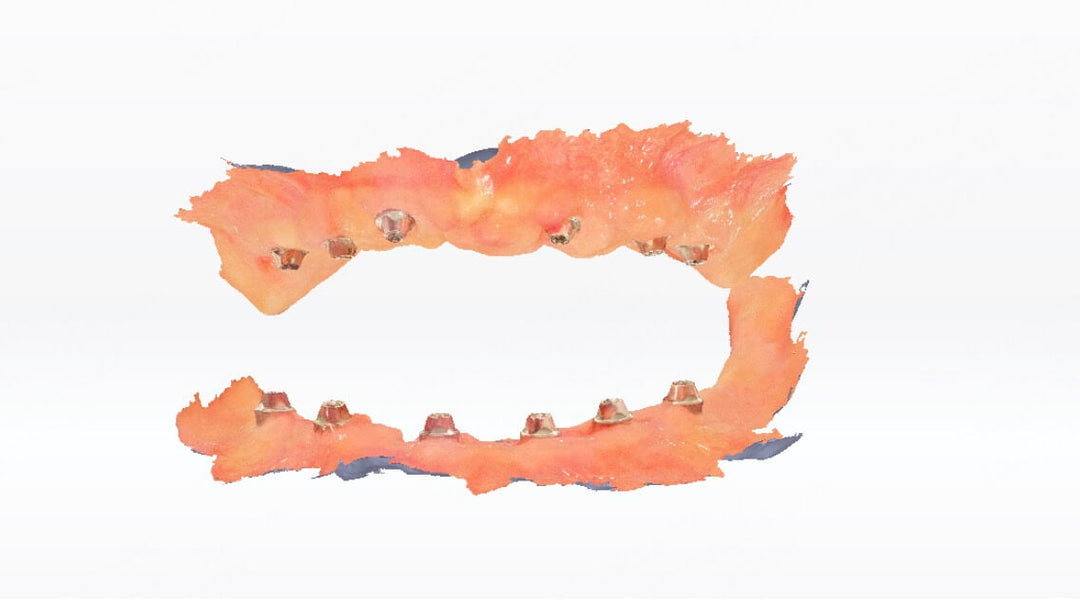
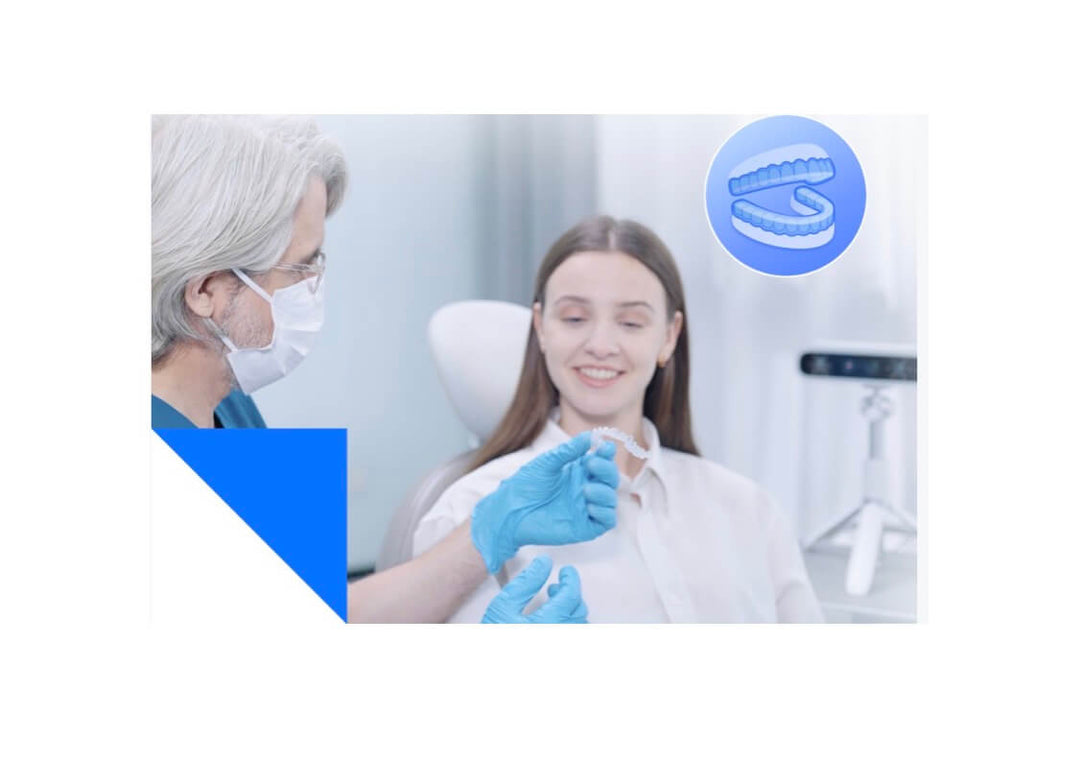
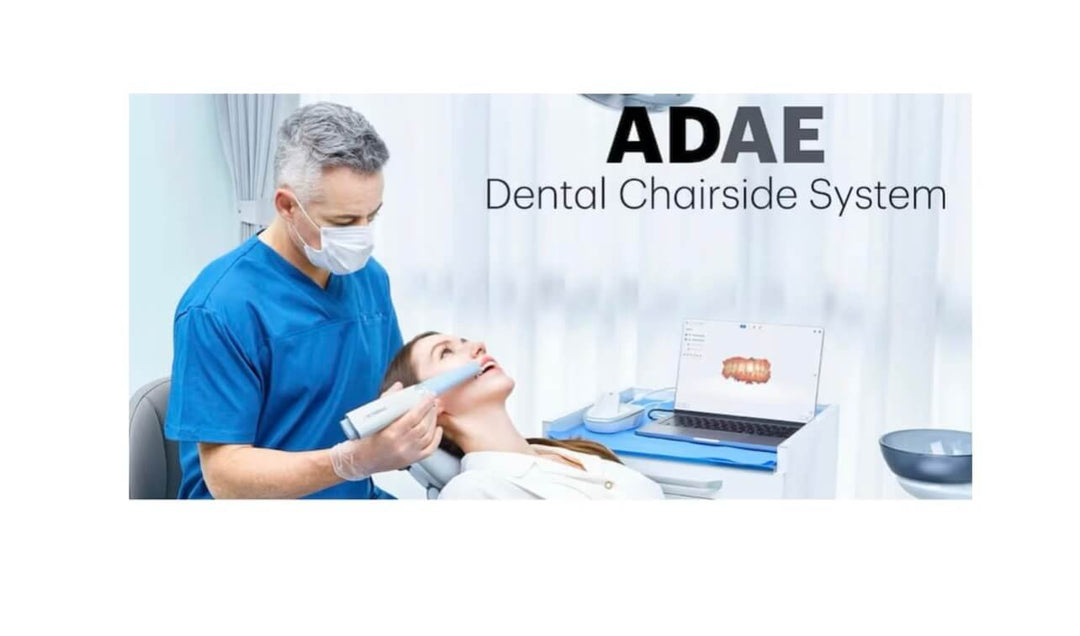
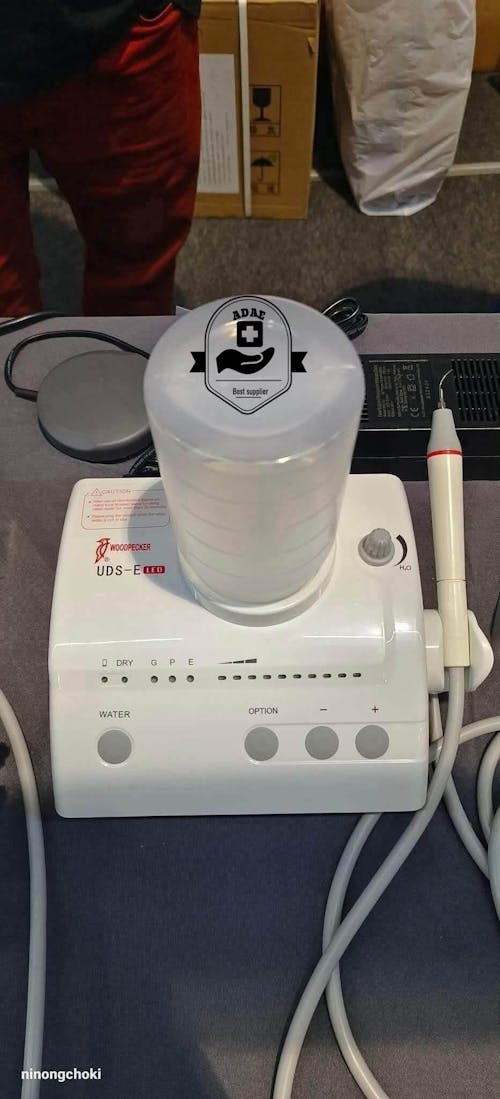
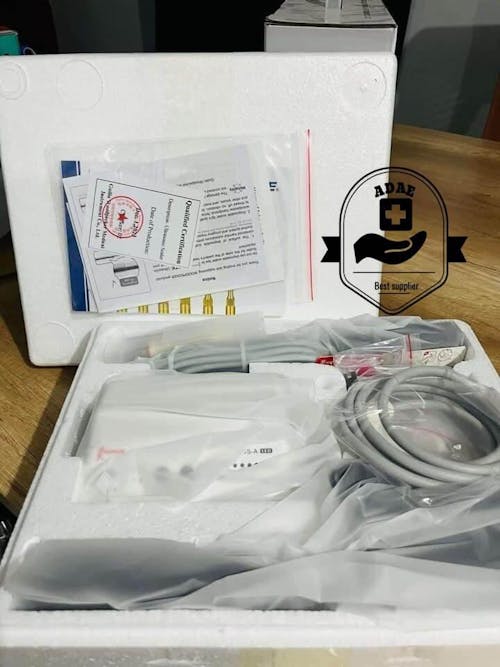
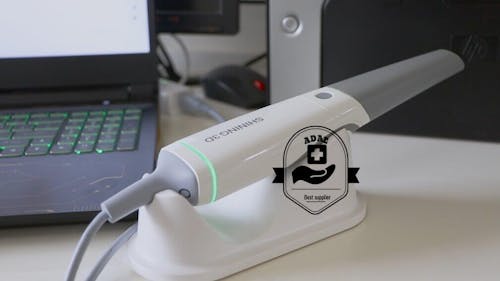
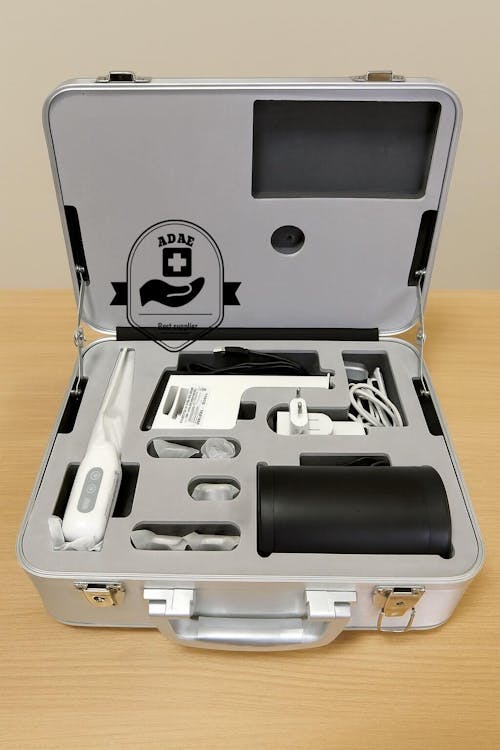




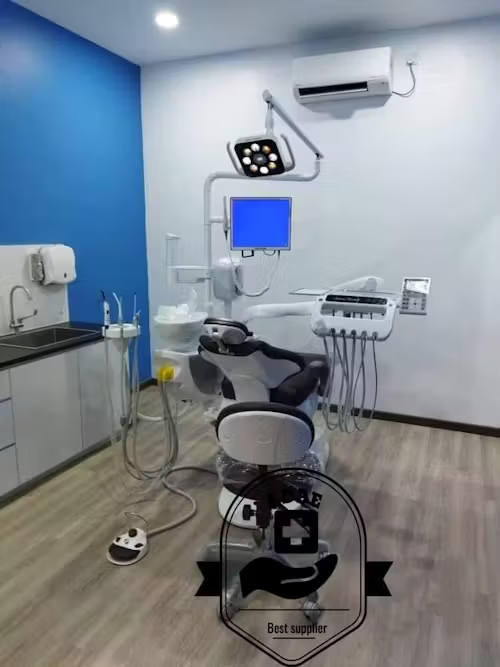
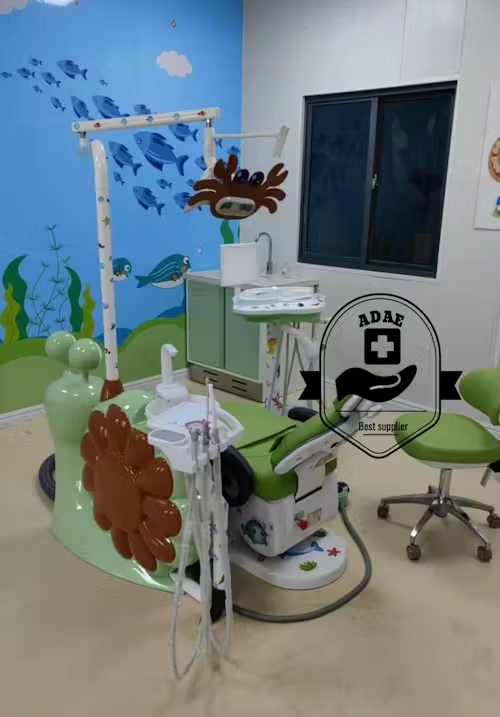
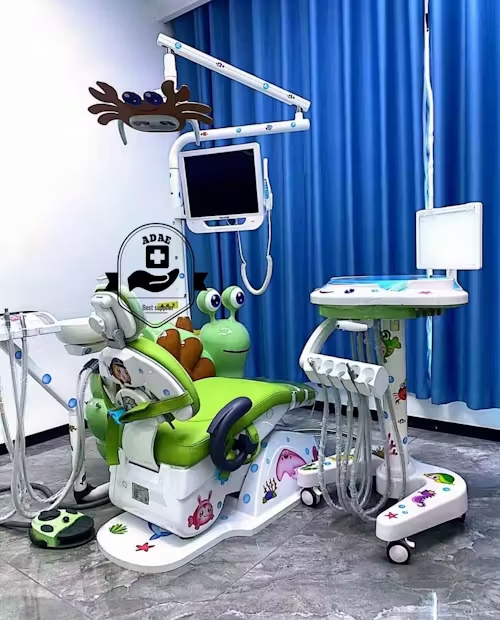


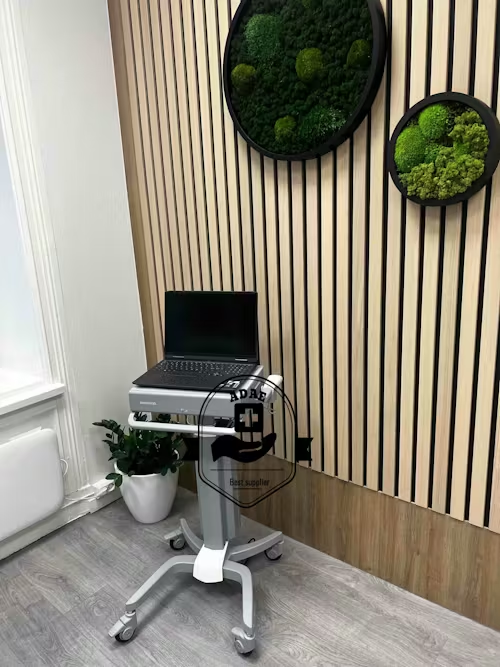
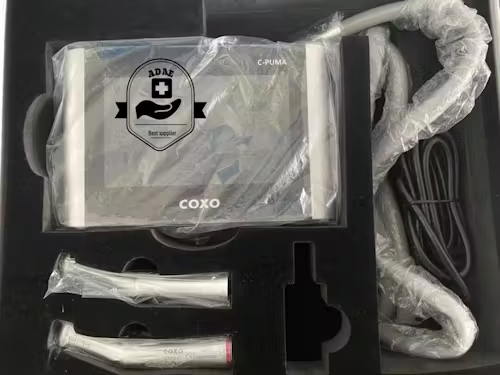
Leave a comment